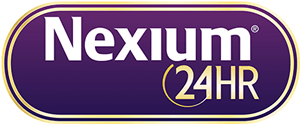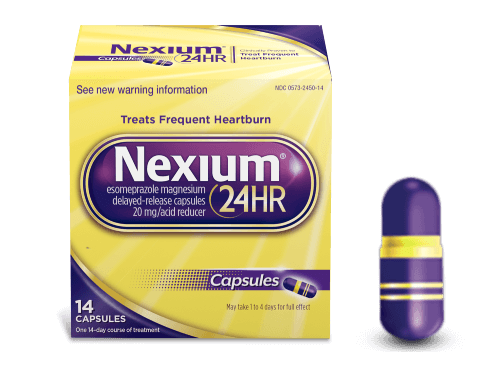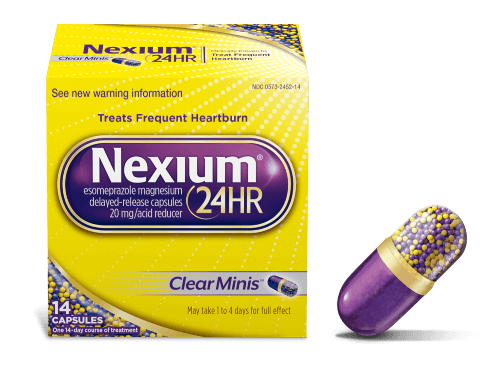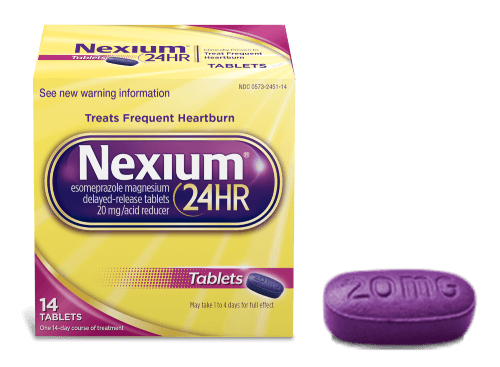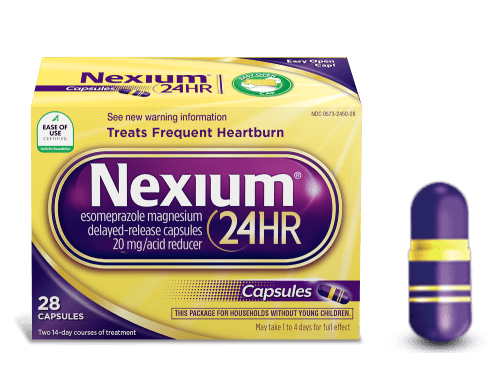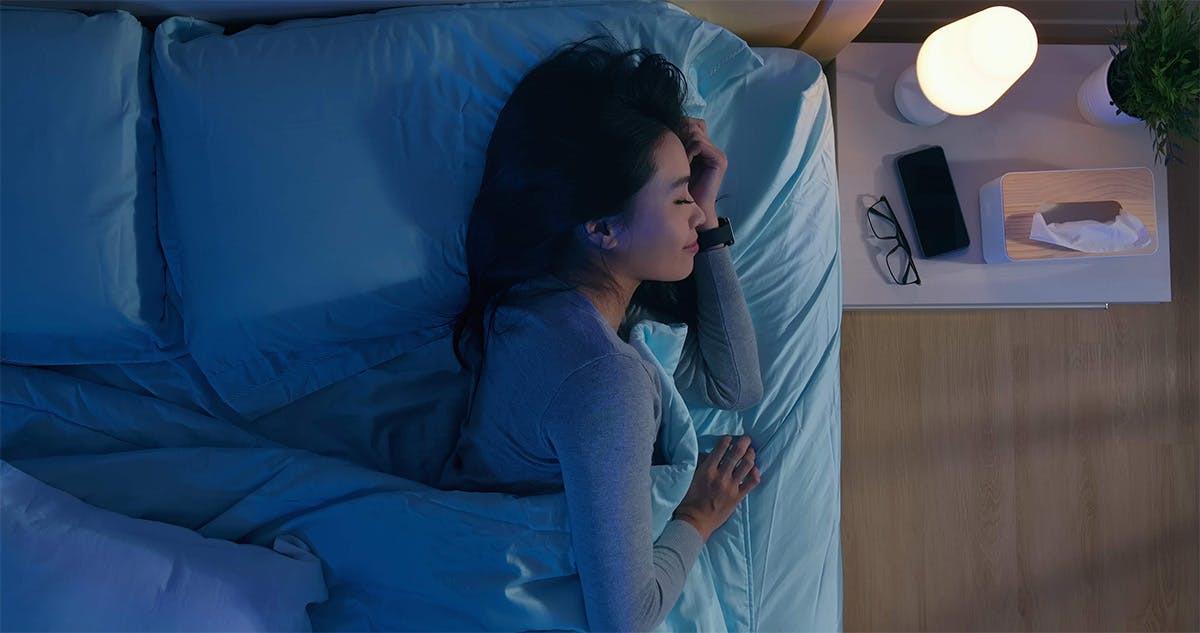What you eat can play a role in the quality of your sleep. Learn about six foods that may help you get a more restful night’s sleep.
Whether you struggle to fall asleep at night or you’re simply looking to improve the quality of your sleep, examining your diet may provide some insight. Eating a balanced, nutritious diet is essential to overall health, wellness and gut health—and that includes sleep quality! Firstly, try to avoid eating anything within three hours of when you go to sleep to avoid heartburn. Read on to learn about six foods that help you sleep better, and tips on dietary habits.
1. Pumpkin seeds
A known source of tryptophan,1 pumpkin seeds are one food you can try for better sleep. Tryptophan is an essential amino acid that the body uses to support normal growth in infants and maintain nitrogen balance in adults.1 Tryptophan is necessary to help make serotonin, which is thought to support healthy sleep.1 Add a sprinkling of pumpkin seeds on your soup or salad, grab a handful for a quick snack, or mix them into your morning granola to help get some extra tryptophan into your diet.
2. Turkey
You may already be familiar with the turkey and tryptophan connection, but this one’s not a myth. Like pumpkin seeds, turkey is a great source of tryptophan1 and a food that may help you sleep better. Roasted turkey is a delicious treat, but ground turkey can be an easier ingredient to add into your weeknight meal. Try ground turkey in a stir fry with some of your favorite vegetables, or made into turkey burgers served with or without the bun.
3. Chamomile tea
Brewing a warm cup of chamomile tea at bedtime is a calming nighttime ritual that may help you relax and get better sleep. Some research has shown that chamomile may help improve sleep quality, which is a great reason to pick up a box at your local health food store.2
4. Salmon
Baked, poached, grilled, roasted—your options when it comes to preparing salmon are many! Salmon is another tasty source of tryptophan1 that’s easy to incorporate into your weekly meal planning. Try baking salmon in foil for a quick dinner with minimal cleanup, or enjoy a piece of poached salmon on top of a salad or brown rice.
5. Peanut butter
Peanuts are a source of tryptophan,1 making peanut butter another food you can try for better sleep. Try peanut butter spread on a rice cake for a gluten-free nighttime snack, spread it on celery à la ants on a log, or make yourself a peanut butter and fruit sandwich for a more substantial option.
FOODS TO AVOID
Just like there are foods that help you sleep better, there are also foods that can disrupt your sleep. High fat foods and large meals tend to take longer to digest and therefore may prevent you from sleeping well, so avoid eating large, high-fat meals too close to bedtime.3 Foods and drinks that contain caffeine may also keep you up at night, as caffeine has a stimulating effect.3 Spicy foods and tomato-based foods may trigger heartburn,4 which can create bodily discomfort that interrupts sleep. Try to enjoy these foods, and any other known heartburn triggers for you, earlier in the day to avoid disrupting your sleep at night.
To learn more about heartburn at night and find out if Nexium 24HR is right for you, visit the Nexium 24HR FAQ page.
Sources:
By clicking any of the links below you will be taken to an external website that is independently operated and not managed by GSK. GSK assumes no responsibility for the content on the website. If you do not wish to leave this website, do not click on the links below.
